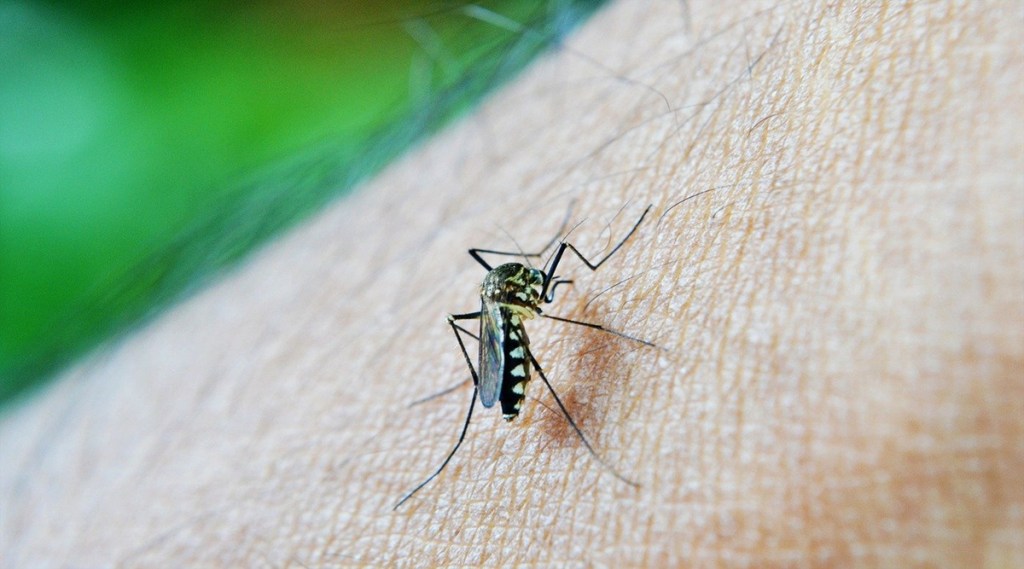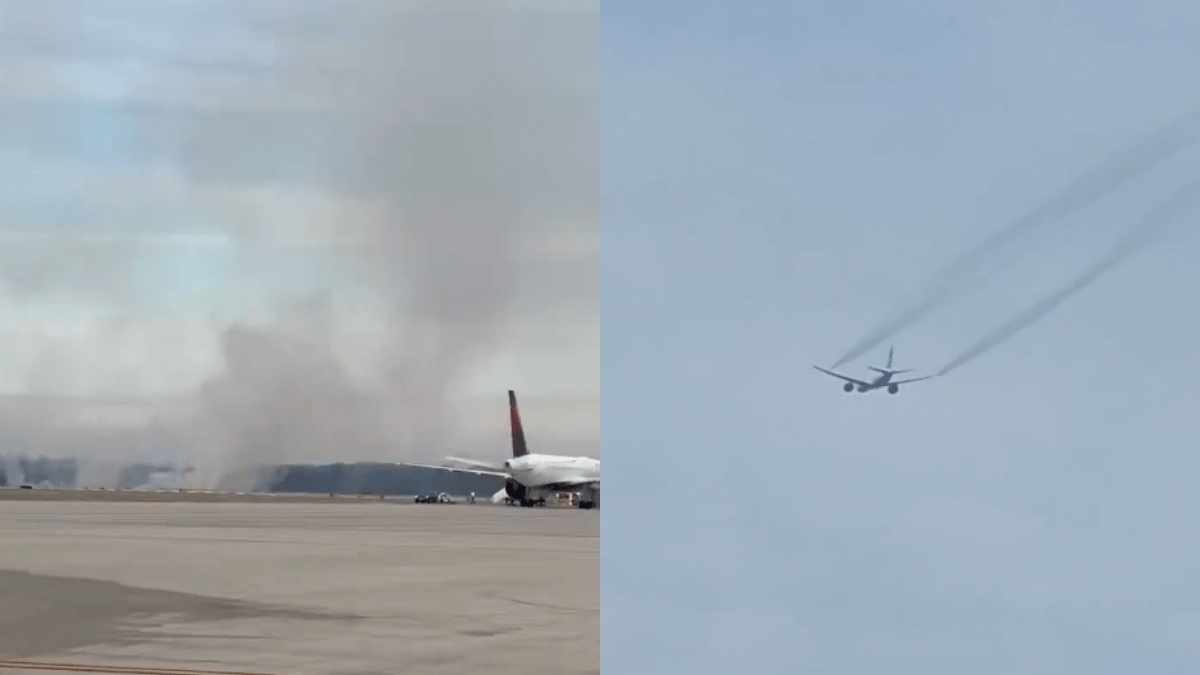New Hampshire in the United States has reported its first human case of the Jamestown Canyon Virus (JCV) this year. According to local media reports, the New Hampshire Department of Health and Human Services (DHHS) found the infection in an adult from Hillsborough County.
Reportedly, the authorities have also reported two cases of Powassan Virus (POWV), one in an adult in Rockingham County and one in a child from Carroll County.
According to the authorities, JCV is transmitted by the bite of an infected mosquito and it can progress to more serious central nervous system diseases, including meningitis or encephalitis. New Hampshire has reported a total of 13 human cases of JCV since 2018.
What is Jamestown Canyon Virus?
According to the Centers for Disease Control and Prevention (CDC), Jamestown Canyon Virus is spread to people by infected mosquitoes. The virus can cause severe disease, including encephalitis (inflammation of the brain).
The CDC maintains that the virus is found throughout the United States. It is noteworthy there are no vaccines to prevent or medicines to treat Jamestown Canyon virus infection. You can reduce your risk of infection by preventing mosquito bites.
What are the symptoms?
According to the CDC, many people infected with the Jamestown Canyon virus do not have symptoms. Some people have the following symptoms:
- Initial symptoms can include fever, fatigue, and headache.
- Some people also have respiratory symptoms such as cough, sore throat, or runny nose.
- Jamestown Canyon virus can cause severe disease, including infection of the brain (encephalitis) or the membranes around the brain and spinal cord (meningitis).
- Symptoms of severe disease can include stiff neck, confusion, loss of coordination, difficulty speaking, or seizures.
According to CDC, about half of patients reported with Jamestown Canyon virus disease are hospitalized. The deaths associated with Jamestown Canyon virus infection are rare.
What is the treatment?
According to CDC, there are no specific medicines to prevent or treat Jamestown Canyon virus infection.
- Antibiotics do not treat viruses.
- Rest, fluids, and over-the-counter pain medications may relieve some symptoms.
- In severe cases, patients may need to be hospitalized to receive supportive treatment, such as intravenous fluids, pain medication, and nursing care.








